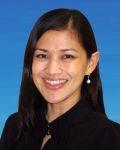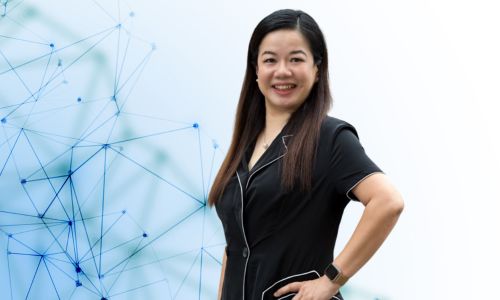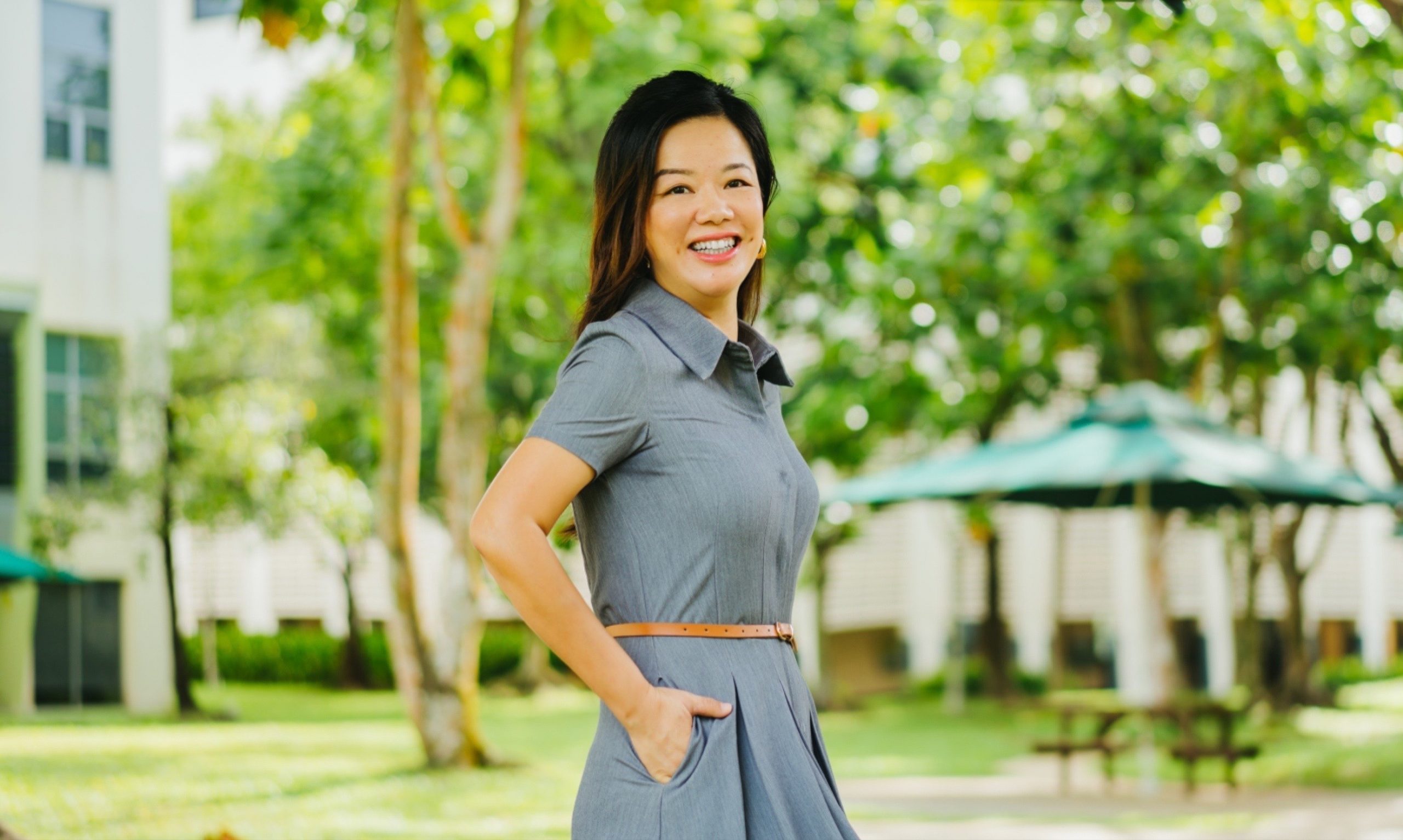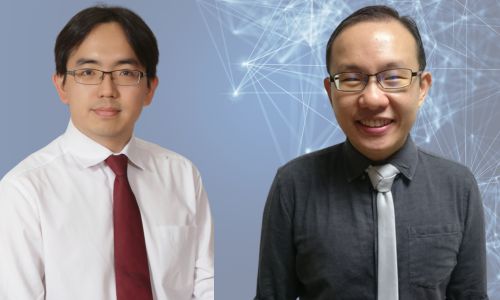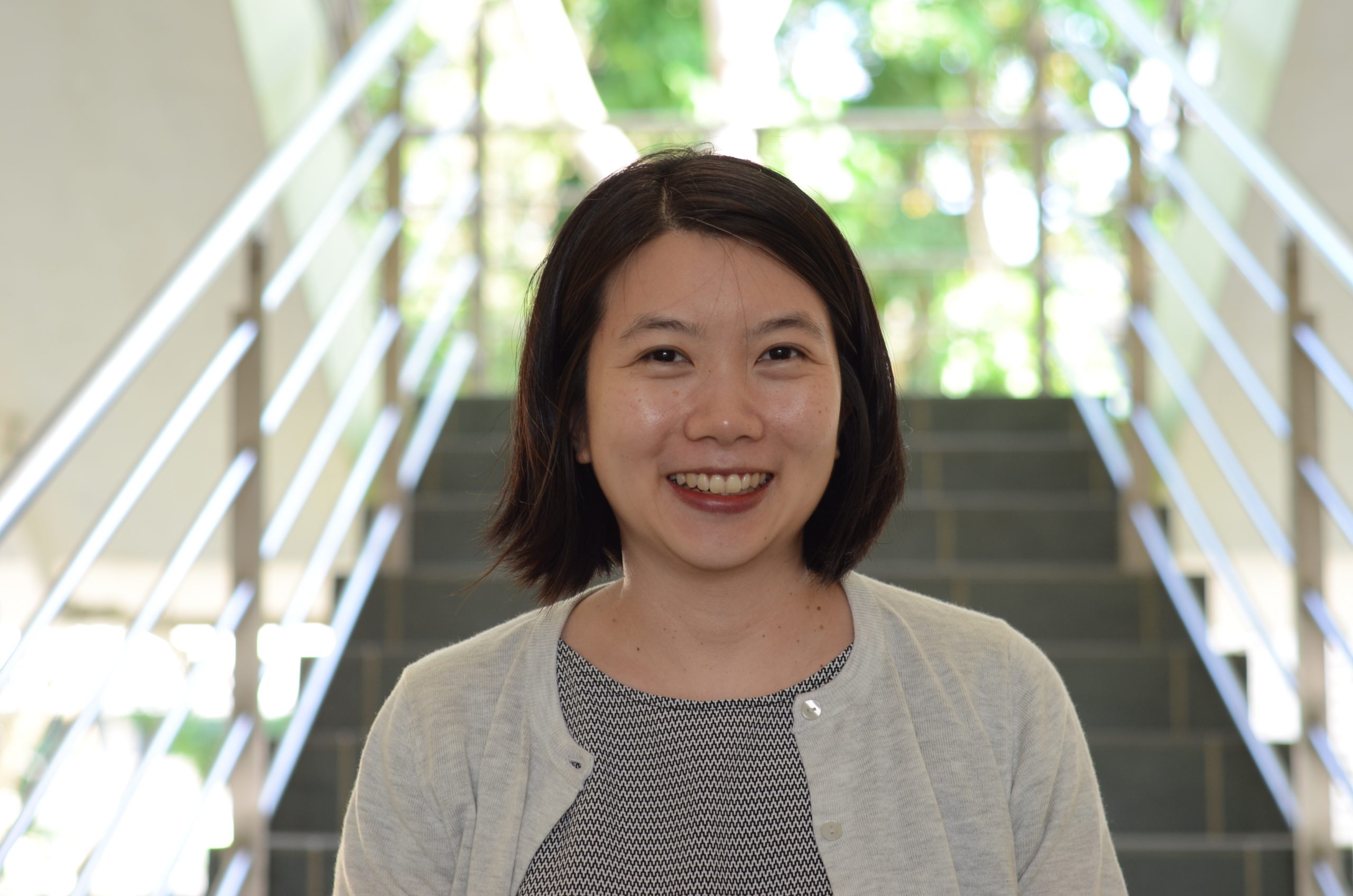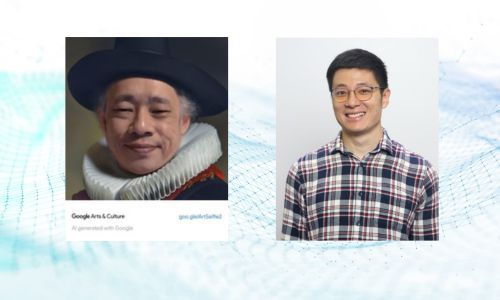Sustainability Learning Lab (SLL)
Teachers’ Practice of Geographical Investigations
- Address gap between teacher knowledge and teacher practice
- Suggest how teachers can be supported to better enact GI
- Share NIE Humanities and Social Studies Education online resource: Sustainability Learning Lab
Findings from Teachers’ Practice of Geographical Investigations guided the development of:
![]() The Sustainability Learning Lab – What Is It?
The Sustainability Learning Lab – What Is It?
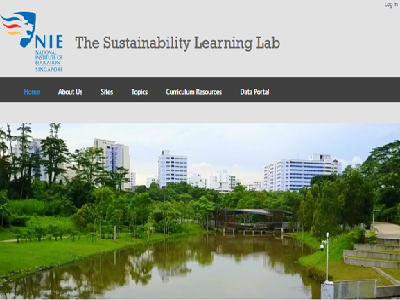
Image 1: Photo credits: Dennis Lee, IN-Learning, NIE (view larger image)
The Sustainability Learning Lab (SLL) is a user-friendly and informative one-stop online portal that supports the Singapore Ministry of Education Geography curriculum.
Developed collaboratively by human and physical geographers, SLL provides public access to:
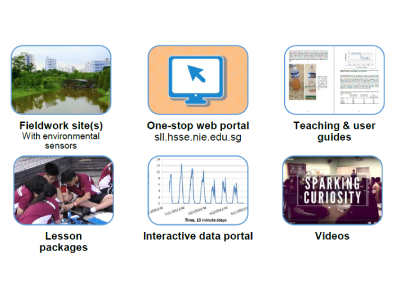
Image 2: Teachers’ Practice of Geographical Investigations Portal (view larger image)
- Pertinent data and multimedia information sources
- Sample lesson plans and fieldwork ideas
- Fun and interactive classroom activities
The SLL online portal also supports real, outdoor learning labs like the NIE Rain Garden and the Jurong Eco Garden.
 Why Teachers’ Practice of Geographical Investigations?
Why Teachers’ Practice of Geographical Investigations?
The Ministry of Education (MOE) Geography curriculum highlights GI as a way to provide students with a means to contextualize and apply geographical knowledge and skills.
The research seeks to deepen students’ learning experience by exploring and understanding links between teacher knowledge and teacher practice in a fieldwork-based context. The research also focuses on water quality because of it being rolled out in the 2014 Singapore syllabus and being used as well in the new 2021 syllabus. Water is also of strategic importance to Singapore.
The research inquiry builds upon the ideas of American educational psychologist Lee S. Shulman who opined that the ‘missing paradigm’ was in the inquiry of how subject matter transformed from the knowledge of the teacher into content of instruction (1986, p.6.).
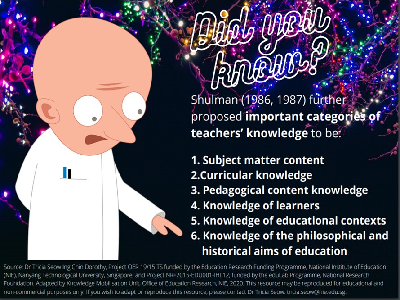
Figure 1: Shulman’s categories of teachers’ knowledge (available for download here )
Shulman, L. (1986). Those who understand: knowledge growth in teaching. Educational Researcher, 15(2), 4-14.
Shulman, L. (1987). Knowledge and teaching: foundation of the new reform. Harvard Educational Review, 57(1), 1-22.
 How Was the Research Carried Out?
How Was the Research Carried Out?
Using a case study design approach, the research team worked on a sample of four secondary schools and six secondary one Geography teachers.
Findings from lesson observations, curriculum resource analysis, and interviews were then synergized to respond to the following research questions (RQ):
- RQ 1: What types of knowledge do secondary school teachers in Singapore have about conducting GI?
- RQ 2: How do secondary Geography teachers conduct GI with their students?
- RQ 3: What is the influence of teachers’ knowledge on their practice in conducting GI with their students?
 Key Findings
Key Findings
The research revealed that:
- Teachers varied in professional dispositions, beliefs, and attitudes about the purpose of GI
- Teachers’ appreciation for role of GI in student-led knowledge construction did not always align with practice
- Teachers’ practice observed to be highly teacher-directed with time and manpower constraints cited as primary factors
- To better enact GI, teachers needed support in
- Fostering authentic, student-centred field-based inquiry
- Fostering teacher identity relative to field-based inquiry
- Conducting reconnaissance of fieldwork sites for GI
- Exercising reasoning and reflection phases of the inquiry cycle, with regards to the GI framework (MOE, 2014)
- To better deliver content on water quality, teachers needed support in:
- Developing knowledge of scientific concepts related to water quality
- Understanding hydro-social dynamics of fieldwork sites
 What Does this Mean for the Professional Development of Geography Teachers in Schools?
What Does this Mean for the Professional Development of Geography Teachers in Schools?
- Curriculum leaders might need to address teachers’ professional identities during professional development to align teachers’ practice with the desired outcomes of a Geographical education
- Teachers’ enactment of GI can be better supported through the provision of professional development and curricular resources that:
- Support more student-directed inquiry
- Support teachers’ knowledge about the scientific concept of water quality GI and address issue of place-based knowledge with regard to the fieldwork sites
 Related Links
Related Links
-
Signature pedagogies for sustainability education [updated as of 6 Oct 2022]
- Field-Based Inquiry as a Signature Pedagogy for Geography in Singapore [PDF]
- Field-Based Enquiry in Geography: The Influence of Singapore Teachers’ Subject Identities on Their Practice [PDF]
- Research Brief Series, No. 18-018, “Understanding Teachers’ Knowledge and Practice of Lower Secondary Geographical Investigations”
 Research Projects
Research Projects
The following project is associated with GI Research:
Understanding Teachers’ Knowledge and Practice of Lower Secondary Geographical Investigations
 Research Team
Research Team
To learn more about this research, please contact Principal Investigator Dr Tricia SEOW at tricia.seow@nie.edu.sg.
Principal Investigator
-
Dr Tricia SEOW Ing Chin Dorothy, Humanities & Social Studies Education (HSSE), NIE
Co-Principal Investigators
- Dr Irvine KIM Neil, formerly of NIE
 Acknowledgments
Acknowledgments
Teachers’ Practice of Geographical Investigations was funded by Singapore Ministry of Education (MOE) under the Education Research Funding Programme (OER 19/15 TS), Singapore National Research Foundation (NRF) under the eduLab Programme (NRF2015-EDU001-IHL12) and administered by National Institute of Education (NIE), Nanyang Technological University, Singapore. Any opinions, findings, and conclusions or recommendations expressed in this material are those of the author(s) and do not necessarily reflect the views of the Singapore MOE, Singapore NRF and NIE.
This knowledge resource based on OER 19/15 TS and NRF2015-EDU001-IHL12 was represented by Ms Tan Giam Hwee in September 2020, updated by Ms Monica Lim on 6 October 2022.

